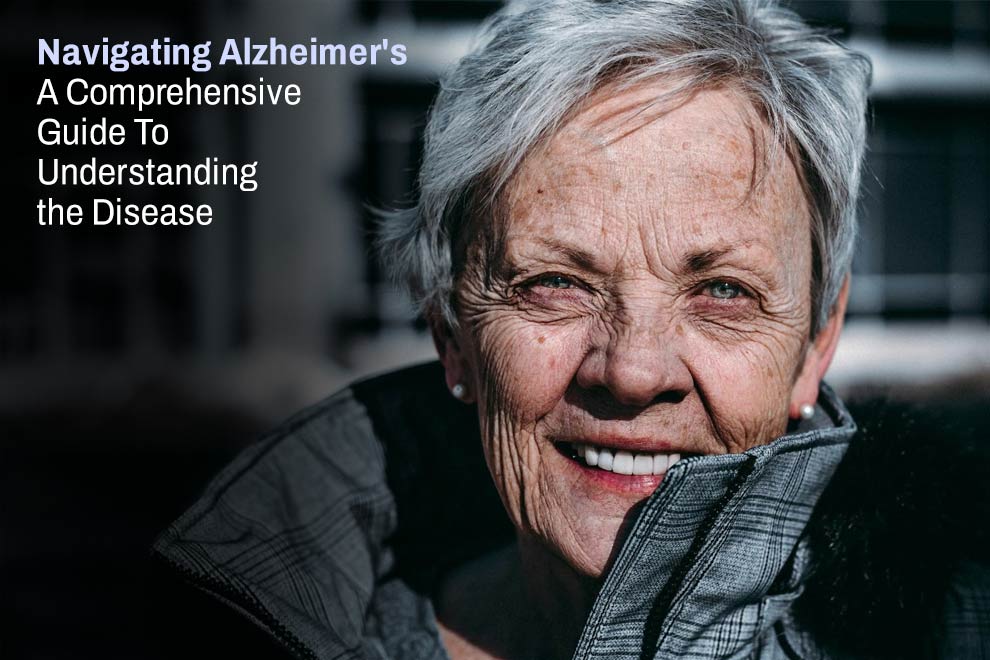Alcohol has always been problematic in society. For as long as it’s been around, but in 2023 it’s more of an issue than ever before.
It’s believed worldwide over 107 million people suffer from alcohol use disorder, and that number is only rising. Of course, as that number also rises, the higher the likelihood of children encountering the problem at a young age too.
It’s a fact of life that alcoholism is all around us at present, yet it’s often avoided on the syllabus in schools. But given it’s such a killer, as well as having a knock-on effect in many other areas, surely education on it should be more prominent in our classrooms?
Here are five reasons why that should absolutely be the case…
Alcohol-related harm is a significant public health issue
Alcohol-related harm is a significant public health issue in the UK. According to the NHS, alcohol misuse is the biggest risk factor for death, ill-health and disability among 15-49 year olds in the UK. The cost of alcohol-related harm to the NHS is estimated to be £3.5 billion each year. By educating young people about the risks associated with alcohol, schools can help to reduce the harm caused by alcohol misuse.
Young people are particularly vulnerable to the negative effects of alcohol
Young people are particularly vulnerable to the negative effects of alcohol. This is because their brains are still developing, and alcohol can have a harmful effect on brain development. Additionally, young people may be more likely to engage in risky behaviour when under the influence of alcohol, such as drink driving or unprotected sex. By educating young people about the risks associated with alcohol, schools can help to reduce the negative impact of alcohol on young people.
Education can help to prevent alcohol-related crime
Crime related to alcohol is a significant issue in the UK. According to the Office for National Statistics, in the year ending March 2020, there were approximately 878,000 alcohol-related violent crimes in England and Wales. By educating young people about the risks associated with alcohol, schools can help to reduce the likelihood of young people engaging in alcohol-related crime.
It’ll help to reduce alcohol-related absenteeism
Alcohol-related absenteeism is a significant issue in the workplace. According to a study by the Institute of Alcohol Studies, alcohol-related absenteeism costs UK businesses approximately £1.7 billion each year. By educating young people about the risks associated with alcohol, schools can help to reduce the likelihood of young people engaging in alcohol-related absenteeism in the future.
Promote responsible drinking further down the line
Alcohol education can help to promote responsible drinking among young people. By educating young people about the risks associated with alcohol, schools can help to ensure that young people are better informed about how to drink responsibly. This can include information about safe drinking limits, how to avoid binge drinking, and how to avoid alcohol-related harm.










